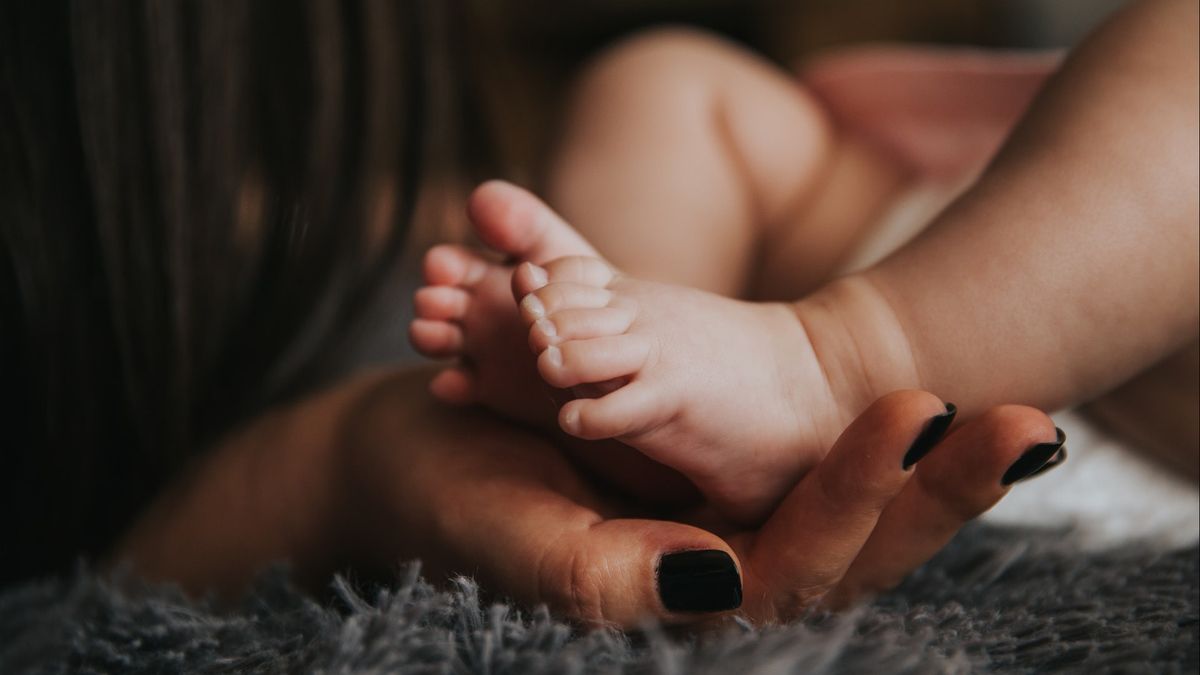YOGYAKARTA – After giving birth, a lot has changed for young couples. It is often understood that postpartum depression is a condition which causes severe mood swings. Postpartum depression may be mistaken for the baby blues at first. Although they have the same effect, namely interfering with a partner's ability to care for the baby and handle daily tasks, the postpartum and baby blues are actually different.
Symptoms of this psychological condition cannot be diagnosed independently. When the mother experiences mood swings, cries excessively, has difficulty bonding with the baby, and is more aloof, it is necessary to consult a psychologist or psychiatrist. Not only that, postpartum depression can also be experienced by the father. Symptoms include difficulty sleeping or insomnia, sleeping too much, extreme fatigue, no interest in normal activities, irritability, feeling worthless, embarrassed, and feeling guilty.

Fear of not being a good parent can also be one of the feelings that need to be above. In severe cases, a person needs a friend to share their stories and fears with. Postpartum depression in extreme situations and is a rare condition, is called postpartum psychosis. Generally develops in the first week after a woman gives birth. This condition requires immediate treatment because distracting thoughts can be life-threatening.
Fatigue, overwhelmed, anxiety, and changes in eating and sleeping patterns are also experienced by the father after his partner gave birth. Citing Mayo Clinic, the negative effects of psychological conditions on both fathers and mothers after giving birth can affect the development of children. Therefore, it takes the awareness of people around to embrace and become a support system for young couples.
Many things can cause postpartum depression. That means it can't be because of a single factor, here are things that may play a role.
1. Physical changes
After giving birth, the hormones estrogen and progesterone decrease drastically. These hormonal changes can trigger significant mood swings. Other hormones produced by the thyroid gland can also drop sharply, this can make a person feel tired, lethargic, and depressed after giving birth.
SEE ALSO:
2. Emotional problems
When you are sleep deprived and overwhelmed, it may be difficult to deal with even minor issues. Anxiety about the ability to care for a newborn to body image can trigger emotional problems.
3. Risk factors
Not only experienced after giving birth to their first child, every mother who has a history of depression, bipolar disorder, has a family member who has experienced depression, has experienced stressful events over the past year, has problems in relationships, has a weak support system and financial problems, is a factor that increases the risk of postpartum depression.
That's the cause of postpartum depression that needs to be known. As a preventive measure, in addition to checking the health of the fetus and mother, it is also necessary to be monitored by a doctor carefully about the mother's emotional symptoms.
The English, Chinese, Japanese, Arabic, and French versions are automatically generated by the AI. So there may still be inaccuracies in translating, please always see Indonesian as our main language. (system supported by DigitalSiber.id)


















